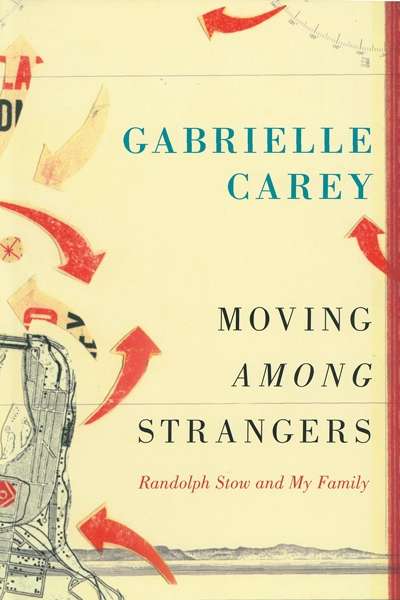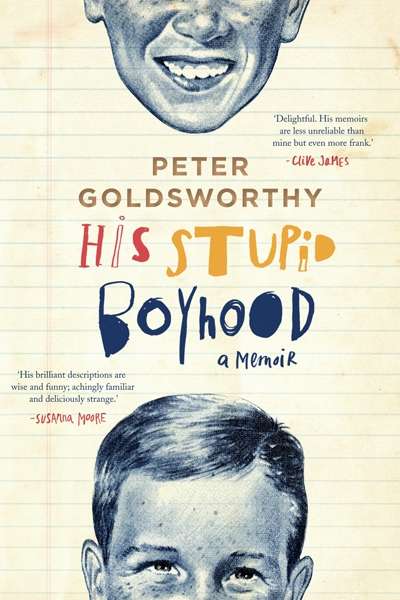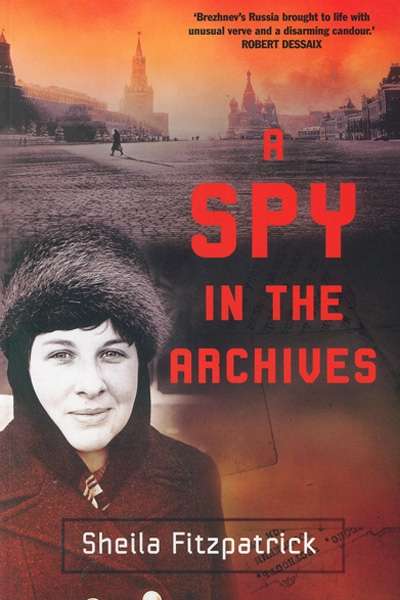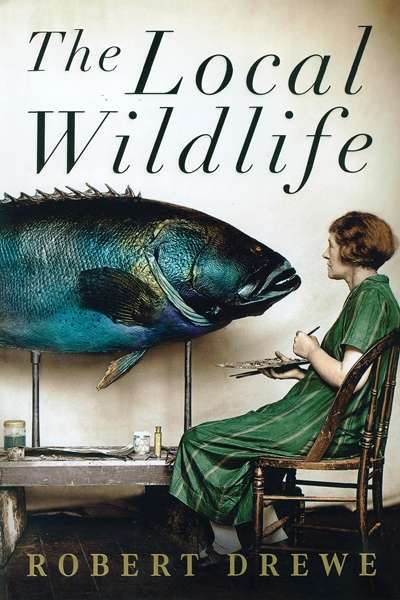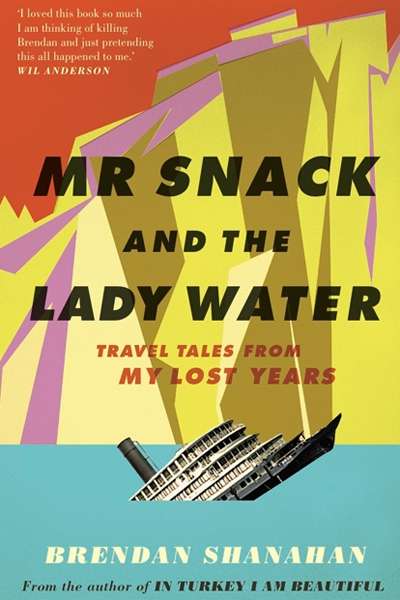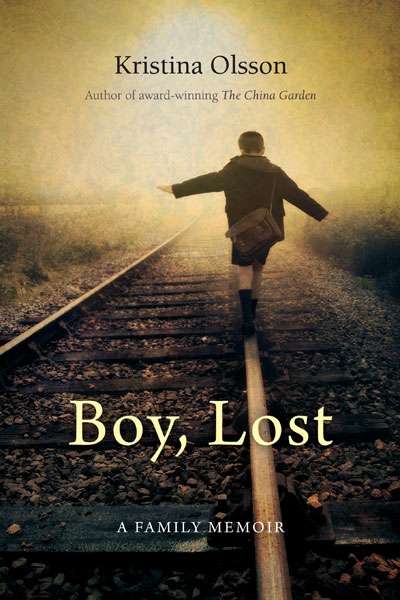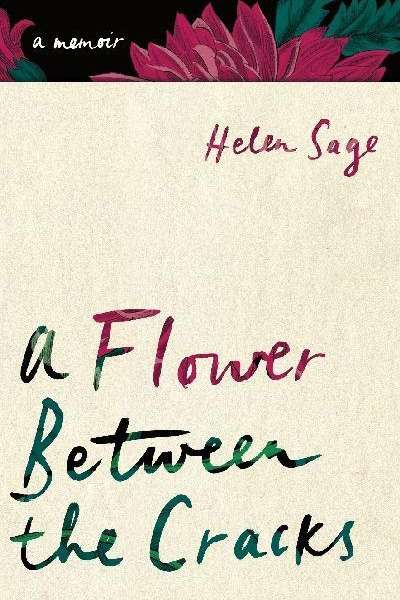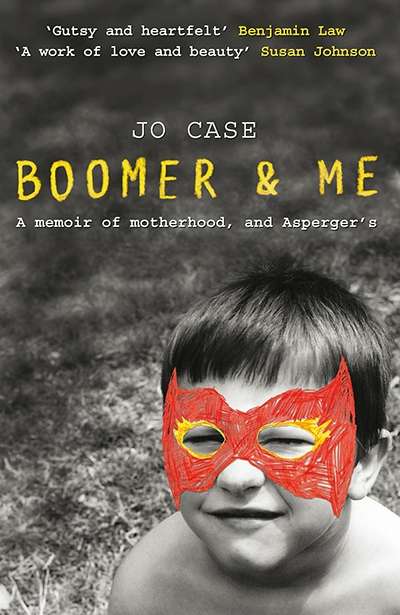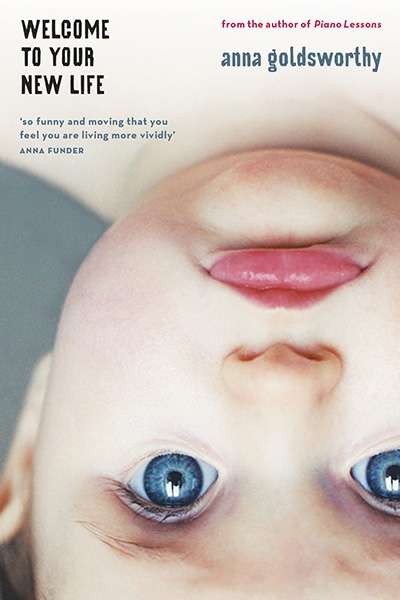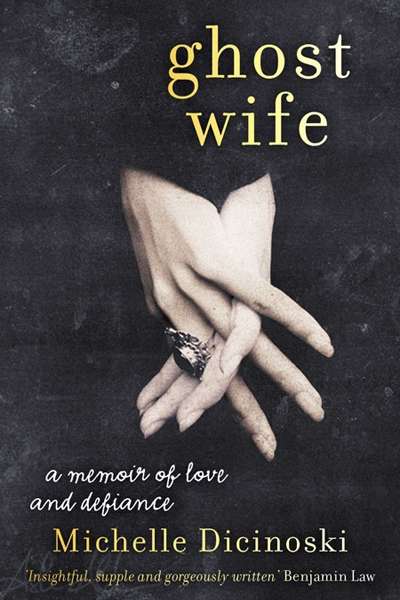Memoir
Moving Among Strangers: Randolph Stow and My Family by Gabrielle Carey
by Susan Sheridan •
His Stupid Boyhood: A Memoir by Peter Goldsworthy
by Kári Gíslason •
Mr Snack and the Lady Water: Travel Tales from My Lost Years by Brendan Shanahan
by Alex O'Brien •
A Flower Between the Cracks: A Memoir of Love, Hope and Disability by Helen Sage
by Jay Daniel Thompson •
Boomer & Me: A memoir of motherhood, and Asperger’s by Jo Case
by Rachel Robertson •
Ghost Wife: A Memoir of Love and Defiance by Michelle Dicinoski
by Jay Daniel Thompson •

